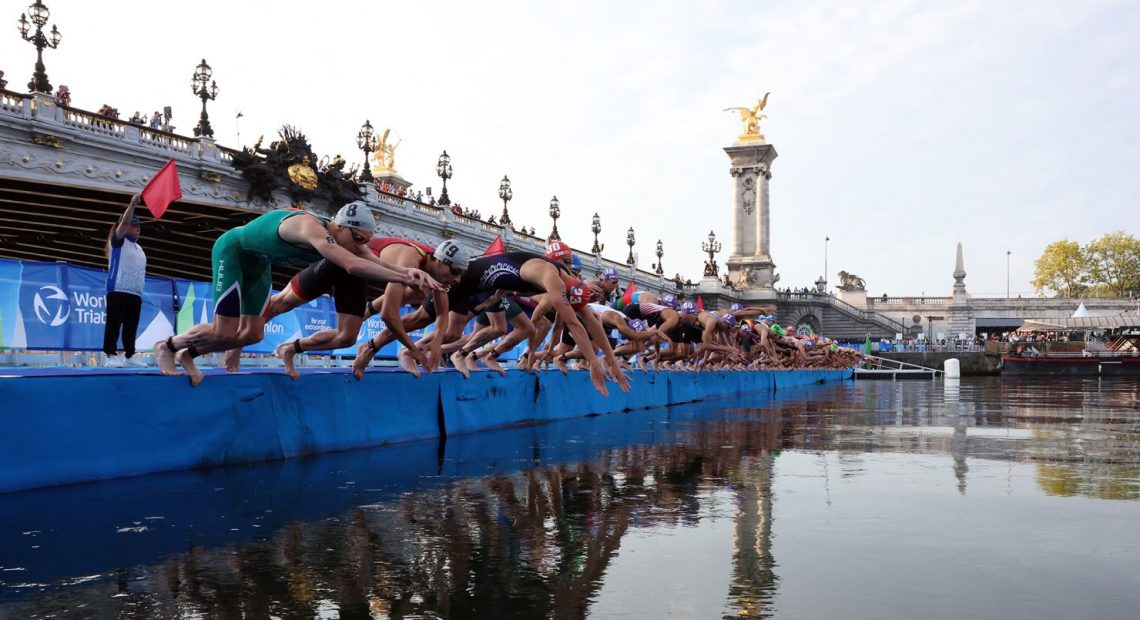River Seine’s Water Safety Remains a Concern Ahead of Paris Olympics

Weeks before the Olympic Games in Paris, the River Seine is still unsafe for swimming on most days due to high levels of E. Coli bacteria, according to official data. Testing at Alexandre III Bridge, the planned start for the triathlon events, showed E. Coli levels were above acceptable limits on 22 out of 30 days from June 3 to July 2, potentially risking athletes’ health.
Despite these findings, authorities are optimistic. Antoine Guillou, Deputy Mayor of Paris, noted that recent weather improvements have led to better water quality. Mayor Anne Hidalgo even announced plans to swim in the Seine next week to demonstrate its suitability for the Olympics.
However, rainfall continues to cause E. Coli spikes. On June 30, following rain, E. Coli levels at Alexandre III Bridge reached around 2000 CFU/100mL, double the threshold for “good” water quality set by World Triathlon standards. If E. Coli levels exceed 1000 CFU/100mL, the swimming portion of the triathlon will be canceled unless deemed safe by the organization’s medical committee.
Efforts to clean the Seine include a new rainwater storage basin, operational since June, which can hold water equivalent to 20 Olympic pools. This basin prevented 40,000 m³ of wastewater and rainwater from entering the Seine after rain on June 17 and 18. Yet, E. Coli levels still reached 10,000 CFU/100mL on the second day of rain.
Fluidion, a technology company, has shown significant improvement in water quality since early April, despite occasional spikes. Paris 2024 has contingency plans for postponing events or moving marathon swimming to an alternative venue if necessary.
Authorities remain cautiously optimistic, attributing improvements to better weather and ongoing infrastructure projects aimed at reducing pollution. They stress the need for vigilance due to the unpredictable weather and potential for future rain-related contamination.
Picture Courtesy: Google/images are subject to copyright
